MEDIA RELEASE
1 August 2018
My Health Record: Health and medical researchers welcome strengthened privacy
Australia’s health and medical research sector has welcomed Government moves to strengthen privacy protections of the My Health Record.
“Australians must be able to confidently participate in this scheme. Strengthening the My Health Record Act is an important first step in ensuring public trust in the system.
“People have real concerns over privacy and access of their My Health Record and those concerns must be heard and addressed through additional communications to the public about the benefits and purpose of the My Health Record. This is too important an opportunity to forego because of a lack of information,” said Research Australia’s CEO, Ms Levin.
An overnight poll of Research Australia members shows continued support from the health and medical research community for the My Health Record, with a majority of respondents in favour of the scheme.
Research Australia has written to Federal Health Minister, Greg Hunt, offering the assistance of health and medical researchers in explaining how My Health Record data could be used to further vital health and medical research and improve our health system.
Research Australia is the national peak body representing the whole of the health and medical research pipeline: www.researchaustralia.org
Media contact: Lucy Clynes 0404 068 912


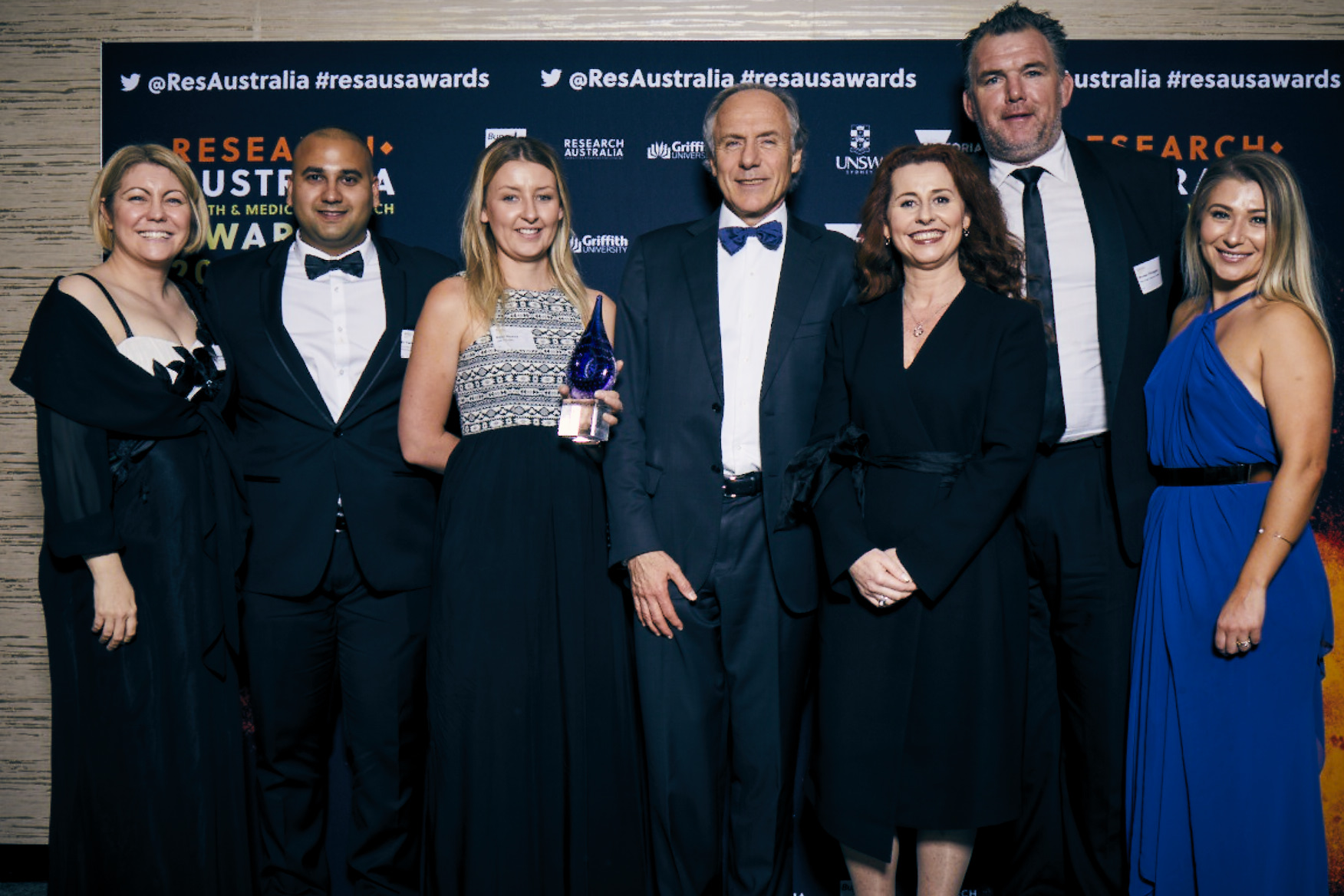
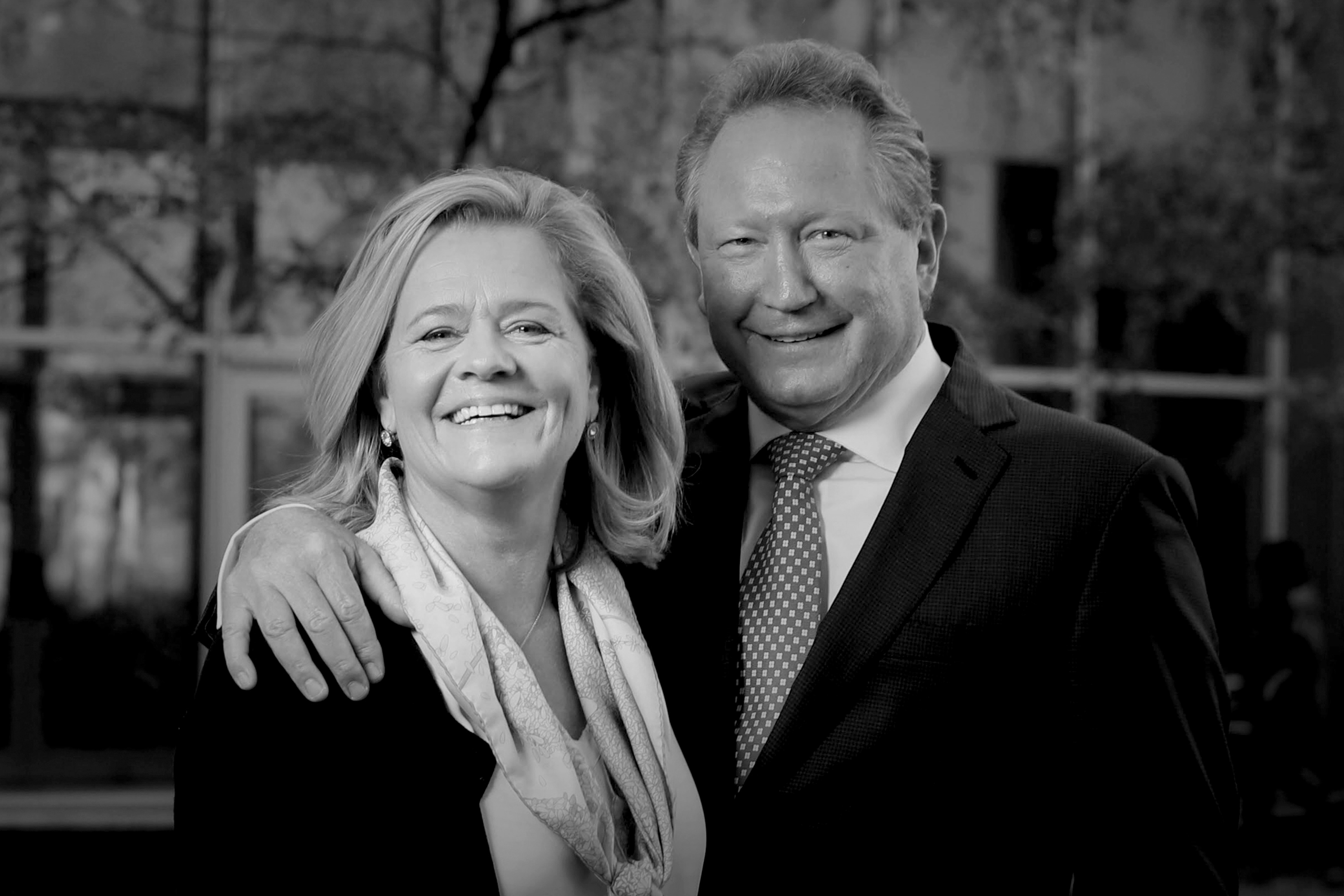
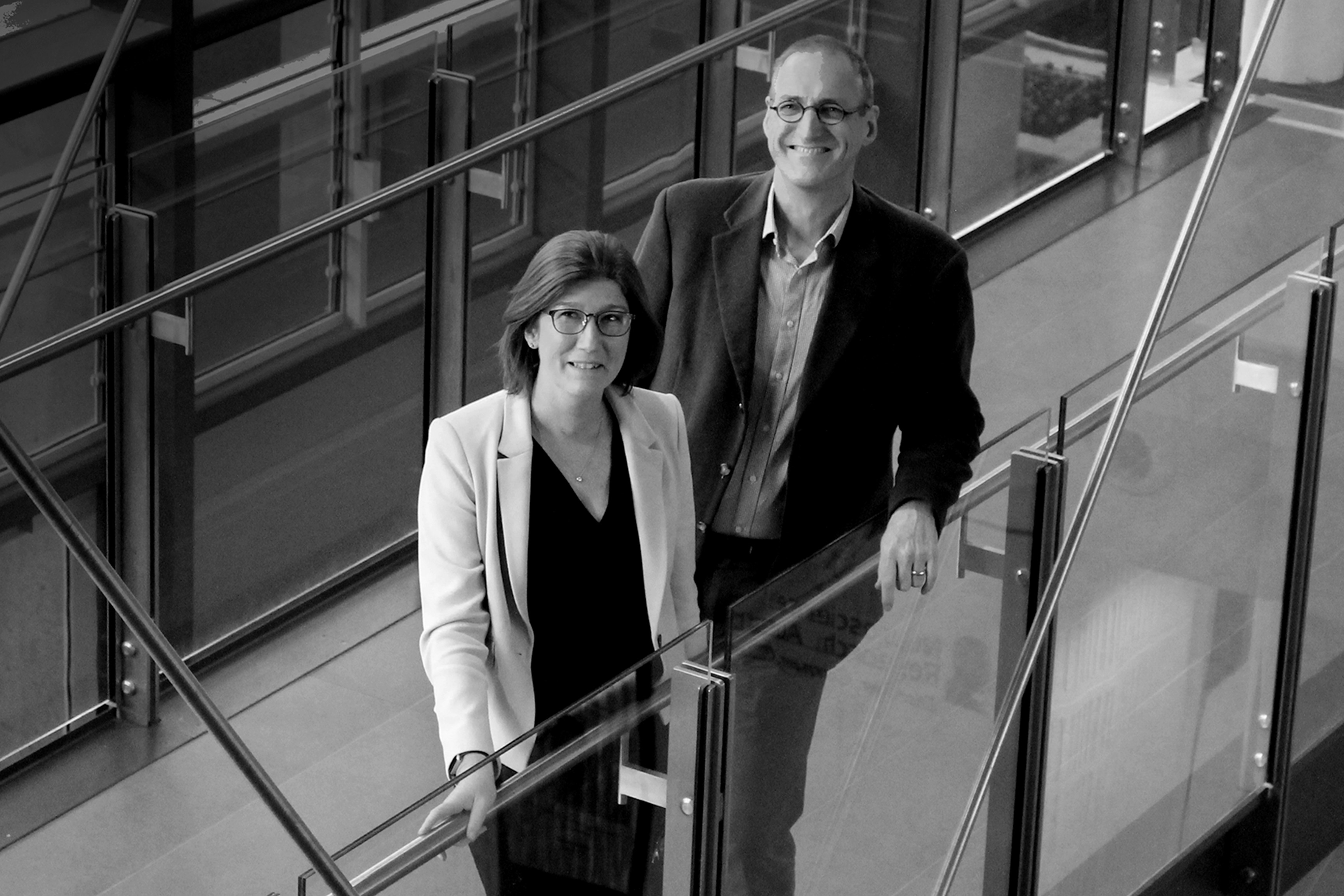
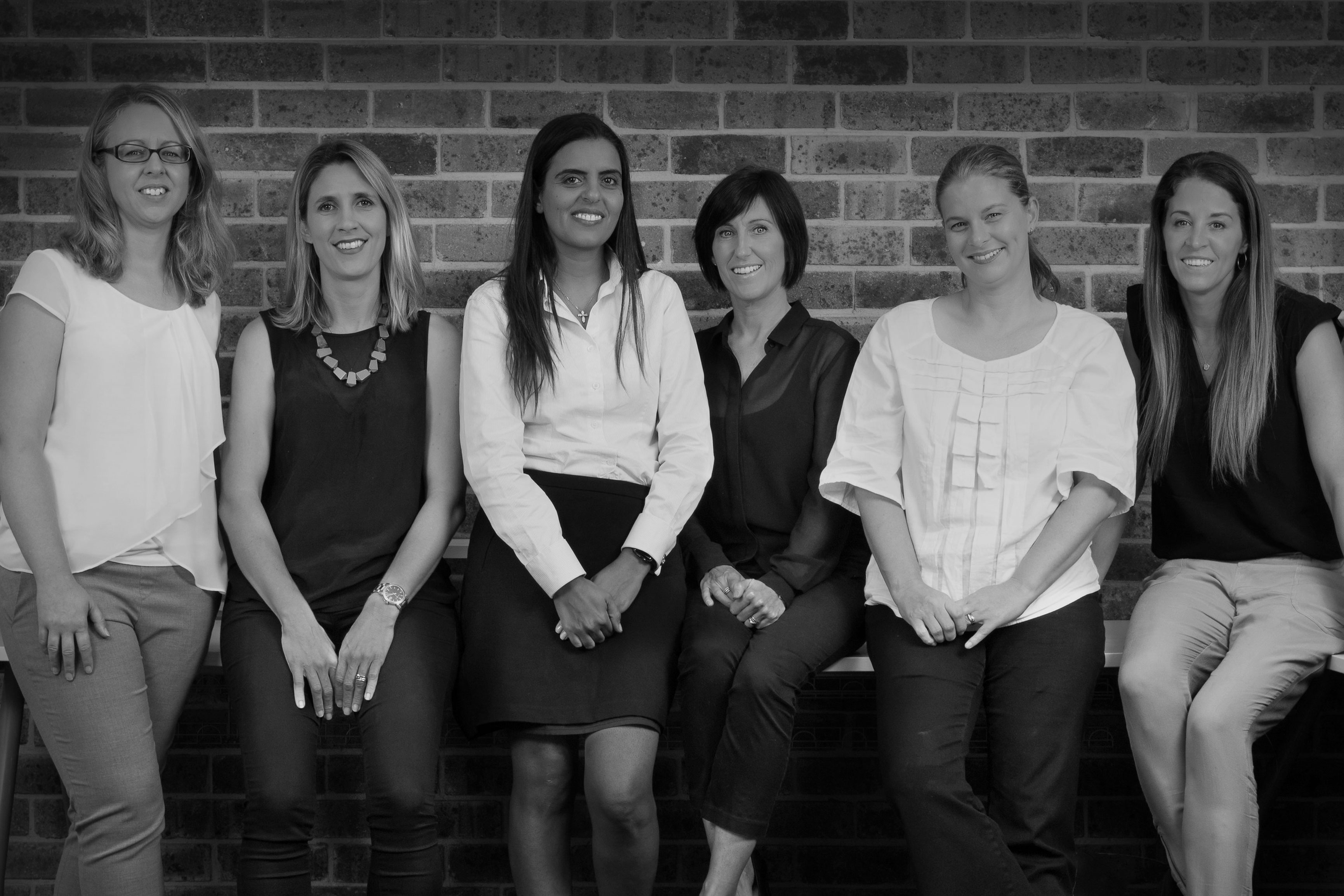
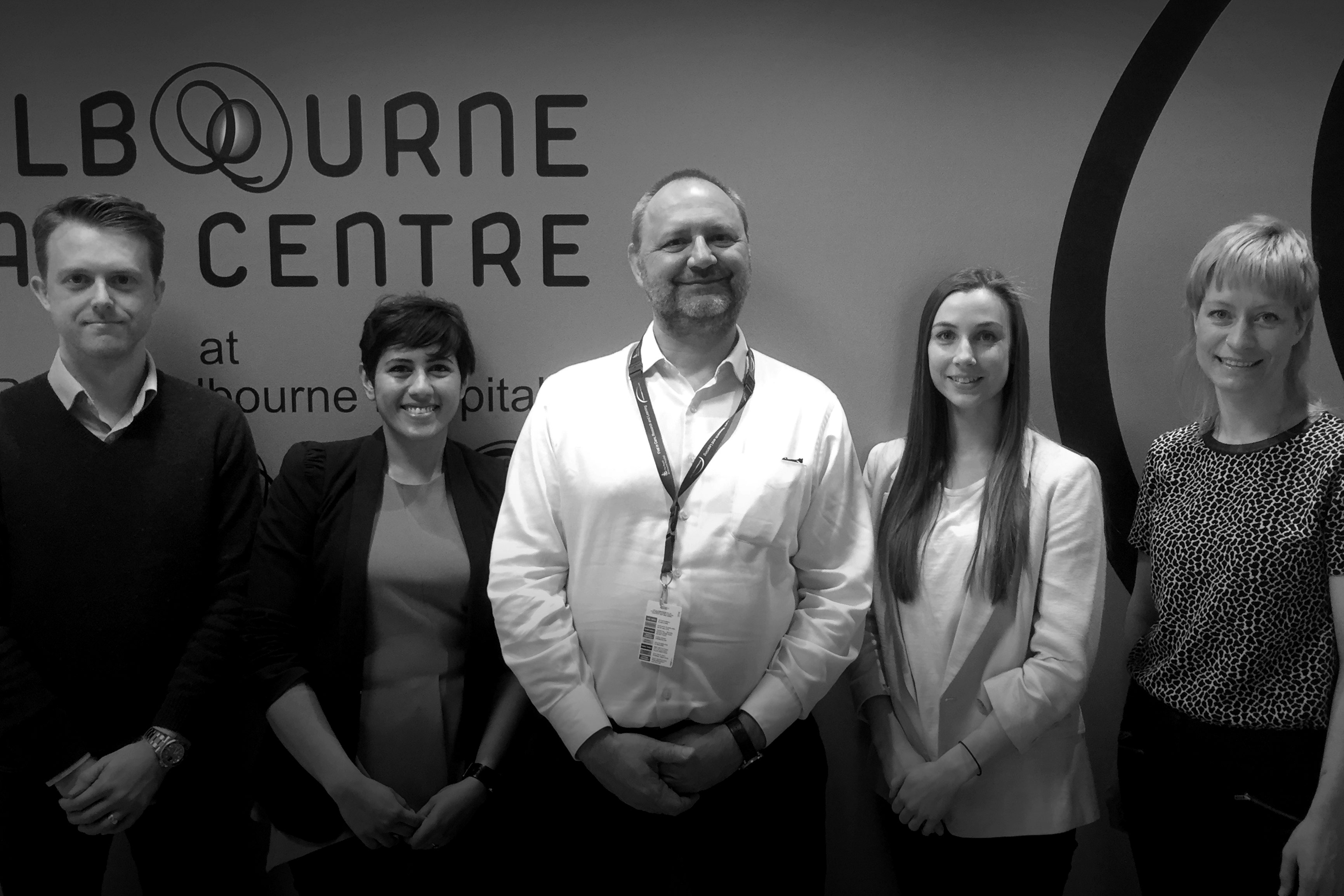

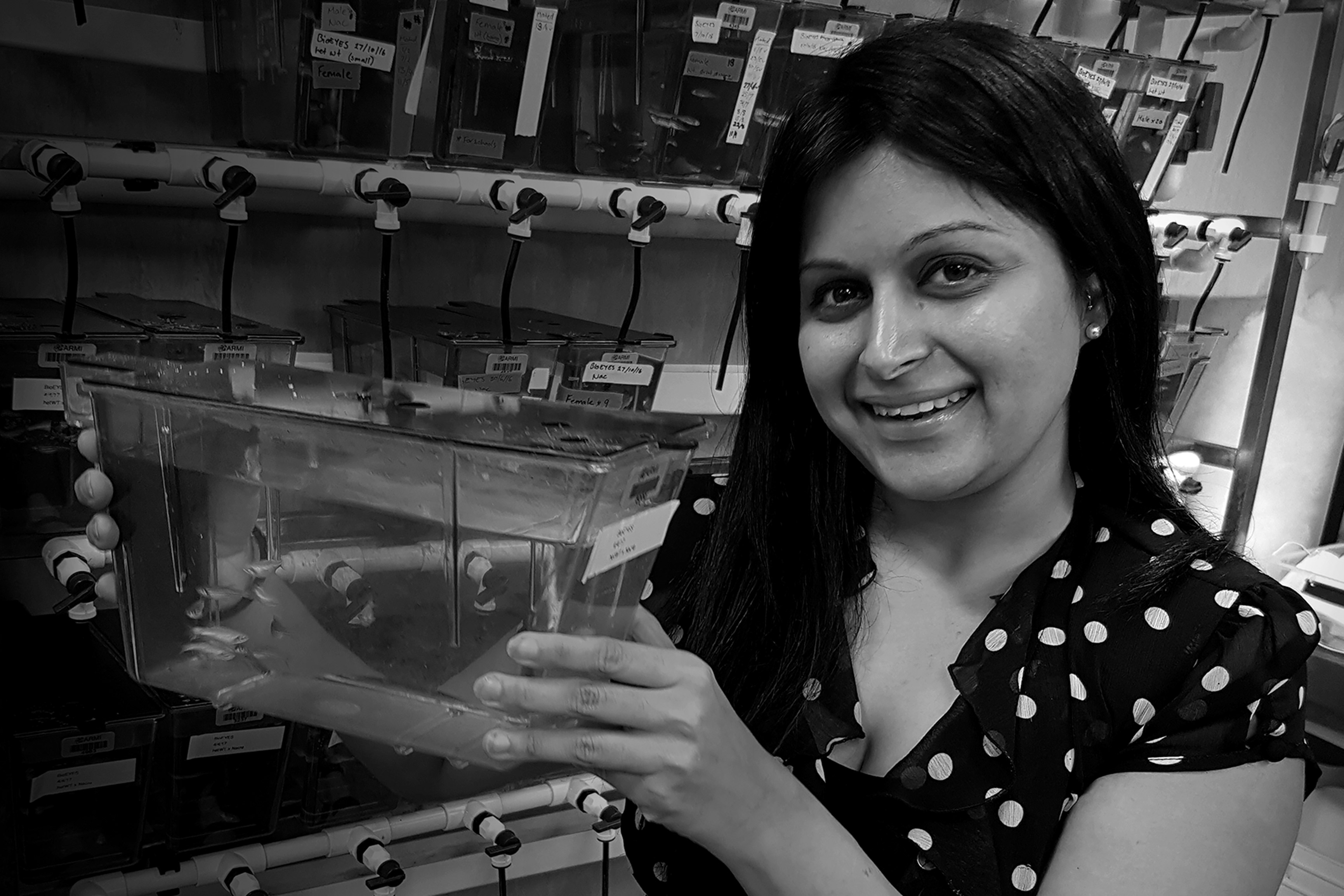
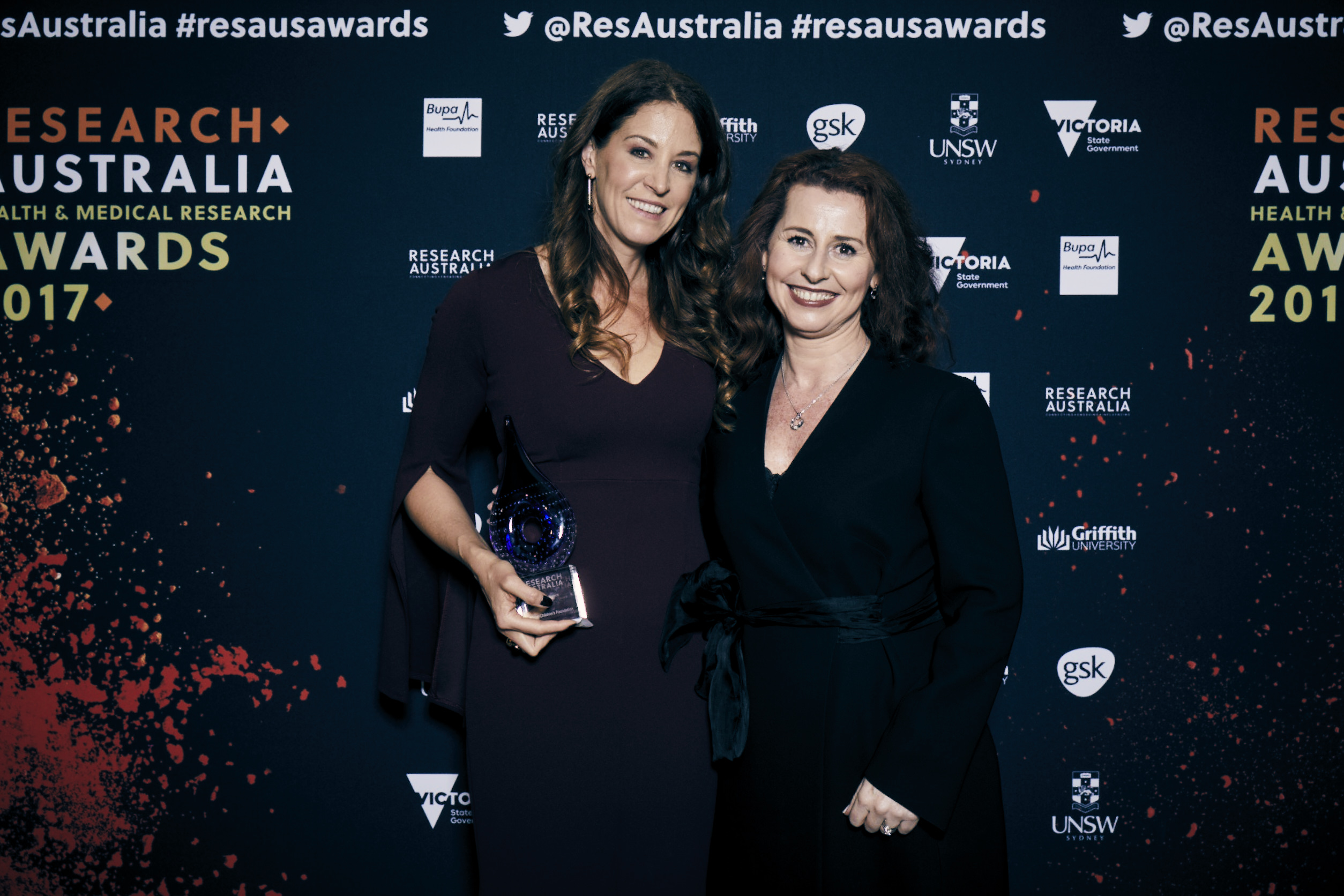

You must be logged in to post a comment.